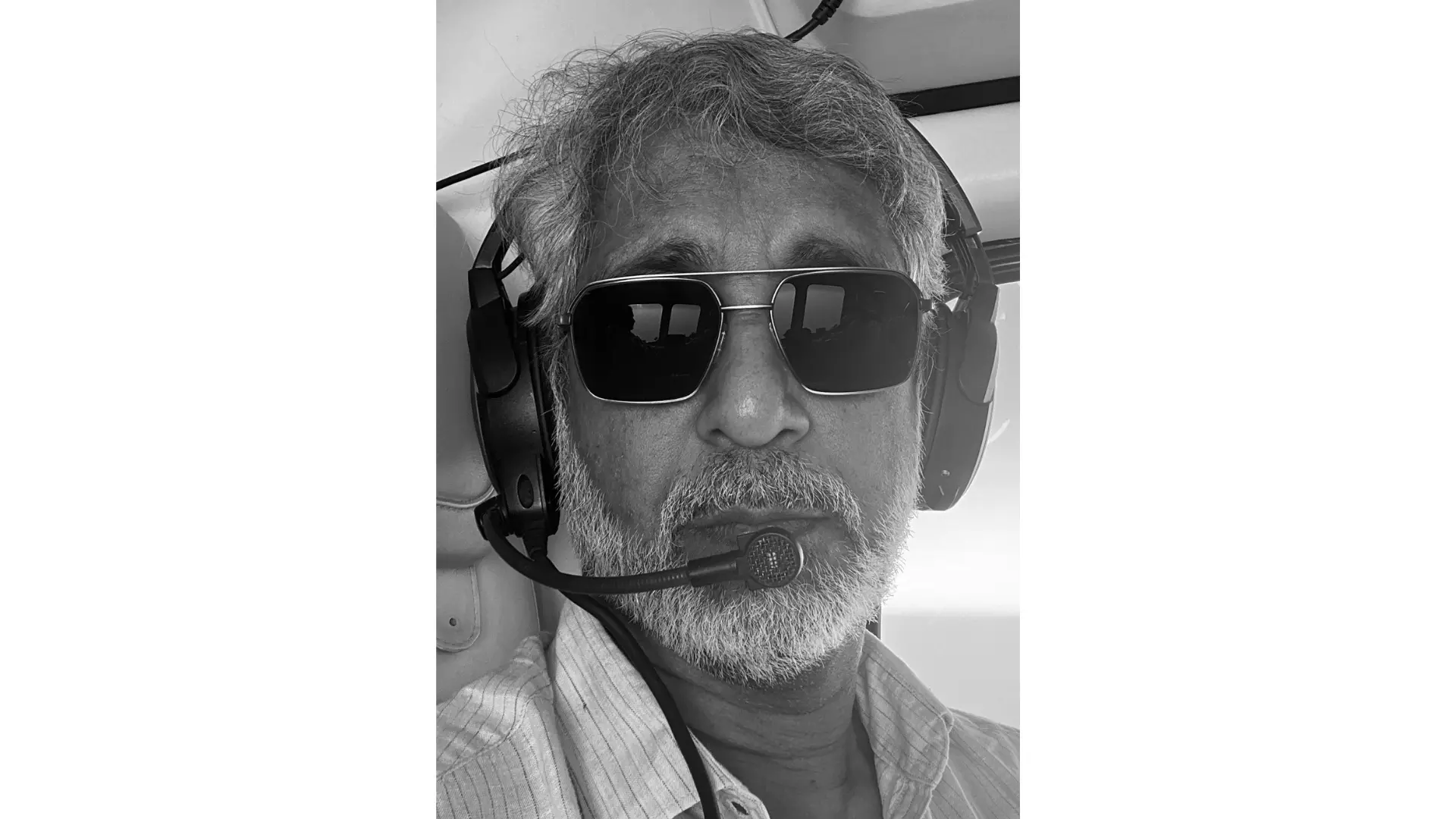Bharat Biotech misstated Covaxin trial data
It raises questions on just how effective Covaxin was during the trials on developing antibodies in humans to help fight the Coronavirus

HYDERABAD: Extremely serious procedural leniencies and incorrect reporting of the results of trials of Covaxin, Bharat Biotech’s anti-Covid vaccine, have come to light, raising some very uncomfortable questions on the vaccine’s rollout for general use in India.
Inquiries and investigation into the three phases of human trials of Covaxin have found grave reporting errors – some that appear to be deliberate — about the clinical trials, placing a huge question mark on whether or not there was possible doctoring of trial data to suit a predetermined end result that would, in turn, ensure quick approval for the vaccine for public use.
When research about the trials was published in revered peer-reviewed journals such as The Lancet, Bharat Biotech’s researchers, who wrote the papers, stuck to their written — and approved, by Indian regulators —protocol, but failed to report on some critical and potentially dangerous changes that, if stated correctly, would have possibly not allowed the vaccine roll-out at the pace that eventually came to be.
For instance, Phase 1 trials began on July 20, 2020. Bharat Biotech’s researchers claimed in an article published in the online version of The Lancet on January 21, 2021, that “two intramuscular doses of vaccines were administered on day 0 (the day of randomisation) and day 14.”
Nothing could have been farther than the truth, at least with respect to some testing sites in India. At these sites, none of the phase 1 trial participants received “intramuscular doses of vaccines” as the authors of the article claimed had been given, in the article that was titled “Safety and immunogenicity of an inactivated SARS-CoV-2 vaccine, BBV152: a double-blind, randomised, phase 1 trial.”
These authors included the founders of Bharat Biotech, and top guns of the Indian Council for Medical Research and the All-India Institute of Medical Sciences, in New Delhi.
What had happened at the trial sites was that the doctors taking part, rightly worried about the potential side-effects of a yet-to-be-tested vaccine, did not administer dose through the intramuscular route but through intravenous (IV) lines, despite the company’s claims in published research that the intramuscular route was adopted.
“We had to be very careful. What if someone crashed after getting the vaccine? After all it was being tested for the first time. If someone crashes, then for reviving the trial participant setting up an IV line would be very hard and so we went with regular IV lines for administering the vaccine during Phase 1,” said a source involved in the trials.
Vaccine delivery can be in different modes —intramuscular, as was supposed to be with Covaxin, intradermally, that is between two layers of the skin, or through the intravenous route.
According to medical experts, a vaccine’s ‘exposure’ to the human cells where the absorption takes place differs according to the place where it is administered. So, the results of how the vaccine performed (the body’s responses to the vaccine) can differ widely depending on the mode of its administration. This led to questions on the findings, or conclusions of a human trial, in this case, of Covaxin.
In some cases where Covaxin was administered intravenously, the trial site staff did admit that some participants were upset at not having been told that it would be an IV injection. They were told about the possible need for an existing IV route in case of a crash or a heart attack.
“The fact is that any outcome drawn from the results of such strayed practices cannot be valid. Once a route of vaccine administration is determined by the manufacturer, and is approved by the regulator, there cannot be any deviation,” a top medical expert explained.
This disturbing finding raises serious questions on how Bharat Biotech went about presenting its findings to the world, and to India’s drug regulators, on the results of its clinical trials. It also raises questions on just how effective Covaxin was during the trials on developing antibodies in humans to help fight the Coronavirus causing Covid-19.
The route of administration is based typically on hypotheses on how the vaccine creates an environment for the drug to act based on pharmacokinetics – the science of how the body interacts with the substances administered for the duration of exposure.
“The administration route,” the doctor explained, “cannot be strayed from, and, if strayed, the results can be very different. If deviations take place, then there must be separate clinical trials for that, and it is for the manufacturer to prove that it works both ways before the product can be rolled out for public use.”

